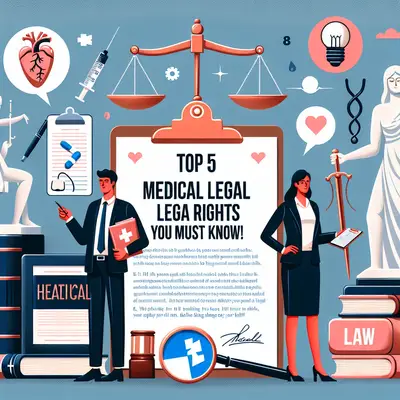Right to Informed Consent
You must have heard this term before, but do you really know what it means? Informed consent means that before any treatment or procedure, your healthcare provider must give you all the necessary information. This includes potential risks, benefits, and alternatives. So, next time, don't just nod along. Ask questions, weigh your options and then make the best decision for your health.
Right to Privacy
Hush-hush! Your health records are private and confidential. The Health Insurance Portability and Accountability Act (HIPAA) ensures that your health information cannot be shared without your consent. So, rest assured, your secrets are safe.
Right to Non-Discrimination
No matter who you are or where you come from, you have the right to receive medical care. The Affordable Care Act (ACA) prohibits discrimination based on race, color, nationality, age, disability or sex. So, stand tall and demand your right for equal treatment!
Right to Emergency Care
In an emergency, every second counts. The Emergency Medical Treatment and Labor Act (EMTALA) requires most hospitals to provide an examination and needed stabilizing treatment, regardless of insurance status or ability to pay. So, in case of an emergency, rush to the nearest hospital without worrying about the bills.
Right to Complain
If you feel your rights have been violated, you can file a complaint. You can complain to your healthcare provider, health insurance company or even the Office for Civil Rights. Remember, speaking up can not only rectify your situation, but also help improve the healthcare system for others.
Conclusion
Knowing your rights is the first step towards empowering yourself in your healthcare journey. So, go on, share this knowledge, spread the word and let's change the healthcare game together! Stay informed, stay healthy.



